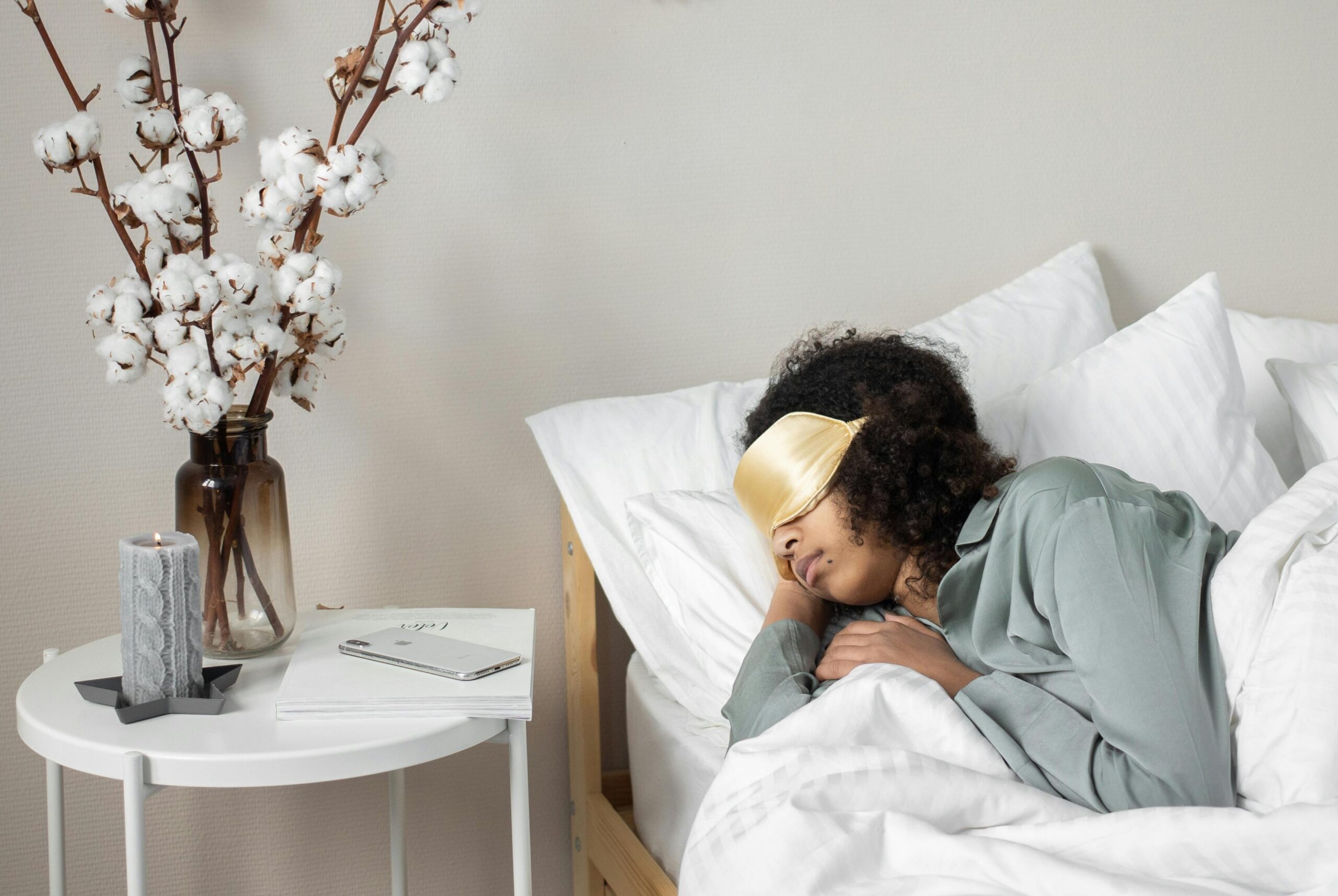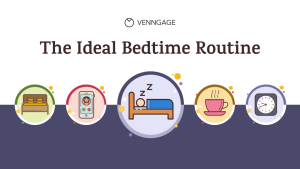It’s not just your pre-bedtime actions that affect sleep; it starts the moment you wake up. Many people who have trouble falling asleep or staying asleep blame food or anxiety, but they may not realize that the problem lies in how they start their day. Your circadian rhythm, your body’s internal clock, regulates your sleep cycle. Your early morning behavior can affect the quality of your sleep. If you want to sleep better, let’s look at some of the most common waking mistakes that can keep you awake.
Not Taking Advantage of Morning Sunlight
People often make the mistake of staying indoors or avoiding sunlight after waking up. Exposure to natural light in the morning signals to your brain that it’s time to wake up and move, which helps regulate your circadian rhythm. Without sunlight, your body doesn’t produce enough serotonin during the day or melatonin at night. These two hormones are crucial for regulating your sleep.
If you wake up an hour early, try to get outside for at least 10 to 15 minutes. A short walk or standing by a sunny window can reset your body clock and help you sleep better at night.
Skipping Breakfast or Eating Too Late
Eating breakfast not only gives you an energy boost but also helps your body maintain its normal circadian rhythm. Skipping breakfast or eating later than usual can disrupt your circadian rhythm and lead to poor sleep quality. On the other hand, eating too much or too late in the morning can leave you feeling tired and less energetic during the day.
A good breakfast should contain protein, carbohydrates, and healthy fats. Foods like eggs, oatmeal, or fruit yogurt help maintain normal blood sugar levels and regulate various bodily functions.
Drinking Too Much Coffee Too Early
Caffeine may seem like a morning necessity, but consuming it right away can disrupt your normal cortisol levels. Cortisol makes you feel alert and energetic as soon as you wake up in the morning. Drinking coffee immediately disrupts this normal physiological process. This can lead to caffeine addiction, an afternoon slump, and difficulty falling asleep.
It’s recommended to wait at least an hour after waking up before drinking your first cup of coffee. This allows your cortisol levels to rise normally and your energy level to remain stable throughout the day.
Don’t get up after waking up
Many of us check our phones or social media as soon as we get into bed, thinking it helps us prepare for the day. On the other hand, this can cause our brains to forget when to rest and when to eat. Over time, this habit can change the association between bed and sleep, making it harder to fall asleep at night.
Get up and move immediately after waking up. Do small things each morning, like stretching, drinking water, or opening the curtains, to signal to your brain that the day is about to begin.
Not being physically active in the morning
To maintain sufficient energy and help you sleep better at night, your body needs some movement early in the day. If you spend the morning sitting while working, commuting, or eating, it can be harder to fall asleep later in the day.
A 10-minute walk, yoga, or simple stretches are all gentle forms of exercise that can boost your energy and help you sleep better. Moving a little each morning allows your body to produce melatonin earlier in the evening, helping you sleep better and more deeply.
Too much sugar or carbohydrates in the morning
A high-sugar breakfast can give you an immediate energy boost, but it can disrupt your body’s balance later in the day. If your blood sugar fluctuates too much, you may not sleep well and wake up in the middle of the night.
To maintain a steady energy level, choose a high-protein breakfast, such as nuts, eggs, or a protein powder drink. Maintaining a consistent energy level throughout the day can help you sleep better at night.
Don’t set a fixed wake-up time
If your wake-up time varies from day to day, your body’s internal clock can become disrupted. Your natural cycle works best when everything remains consistent. If you sleep in on the weekend and wake up early during the week, your body can’t adjust, which can lead to poor sleep quality.
Set a fixed wake-up time even on the weekend. Over time, your body will feel sleepy around the same time every night. This can help you sleep better and longer.
Spending too much time in front of a screen in the morning
Checking your phone early in the morning exposes your eyes to blue light. This increases Dehydration can make you feel tired and unable to sleep at night. After a period of inactivity, your body needs water to recover and restart your metabolism. Not drinking water in the morning can make you tired, which can affect your sleep and energy levels.
Drink a glass of water upon waking. A little lemon can help your body cleanse and digest food better.
Develop a stress-free morning routine
Checking emails, skipping breakfast, or worrying about what needs to be done that day can raise cortisol levels, making it harder for your body to wind down in the evening. Morning stress often lingers into the evening, making it difficult to relax and fall asleep.
If possible, plan your morning the night before. Prepare your food, organize your clothes, and take some time for quiet reflection or meditation. A peaceful morning can help you sleep well.
Frequently Asked Questions
Question 1: Can morning sunlight really help you sleep better at night?
Yes, being outside in the morning sun helps regulate your body clock. This tells your body when to sleep and when to stay awake.
Q2: How long after waking up should I drink coffee?
It’s best to drink your coffee about 60 to 90 minutes after waking up so your cortisol levels can rise naturally.
Q3: Can exercising in the morning help you sleep better?
Of course. Exercising in the morning helps your body produce melatonin earlier and keeps your energy levels stable throughout the day, which can help you sleep better.
Q4: Why is it important to wake up at the same time every day?
If you’re consistent, it’ll be easier to fall asleep and wake up at the same time every day.
Q5: How can I reduce stress in the morning and sleep better at night?
Instead of going for a run or checking your phone, start your day gently with some mindfulness, light stretching, or meditation.
Summary
How you start your day is closely linked to how well you sleep at night. Small things can make a big difference, like enjoying natural light, eating a healthy breakfast, drinking enough fluids, and being active. By avoiding these morning mistakes, you’ll not only sleep better but also feel more energetic, more focused, and improve your overall health. Remember: a good start leads to a good night’s sleep, so develop habits that help your body get the rest it needs.




